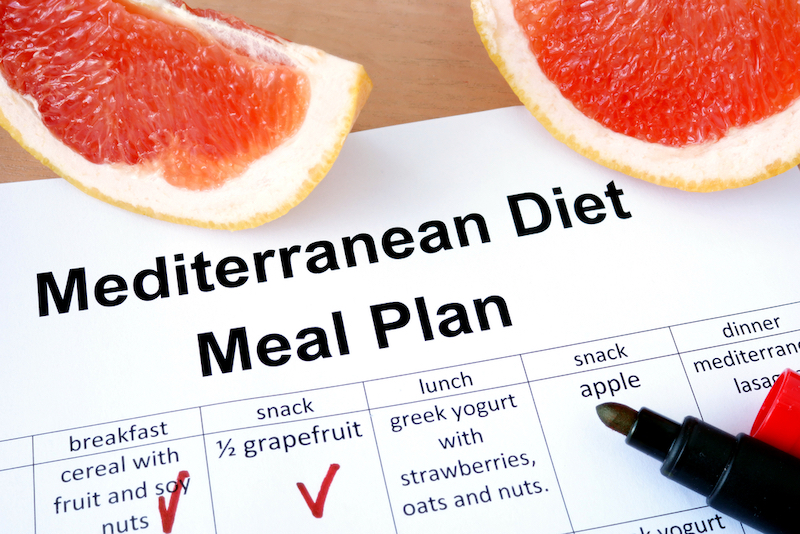Scientifically Proven Nutrition Factors That Affect Female Fertility
Today, we are all aware that some metabolic disorders, such as diabetes and galactosemia, which is the inability to digest simple sugar galactose, can lead to problems with female fertility. Still, the direct connection between dietary habits and ovulatory disorders hasn’t been thoroughly researched.
One of the few studies on the effects of nutrition on female reproduction is a cohort study of 18,555 women who have been observed over a period of 8 years [1]. The results of this research demonstrated a positive correlation between female fertility and food. Women who consumed food with low-glycemic carbohydrates, monounsaturated fatty acids, and plant proteins and took supplements such as iron, folate, and vitamins with antioxidant effects had a lower risk of infertility related to ovulatory disorders.
These ingredients constitute the diet better known as the Mediterranean diet. It is typical for people living on the northern coasts of the Mediterranean Sea in Greece, Southern Italy, and Spain. The main components of this diet are a nice variety of legumes, an abundance of fresh vegetables and fruit, healthy fats, whole grains, moderate amounts of fish, lean meat, and wine.

In addition to decreasing the risks of infertility, the Mediterranean diet has been associated with sufficient folate, vitamin B6, and follicular fluid levels—all factors which lead to a 40% increase in the possibility of conception [2].
This dietary plan has also been positively related to clinical pregnancy and live birth, particularly in women younger than 35. Furthermore, the same group of women had a 2.7 times higher probability of achieving clinical pregnancy and live birth, thus proving the efficacy of the Mediterranean diet in preserving female reproductive health [3].
Along with this fertility diet, the higher consumption of antioxidants (beta carotene, Vitamins C and E) was related to a shorter time to pregnancy, as a study exploring 437 couples treated for unexplained infertility suggests [4].
The best natural sources of beta carotene are yellow, orange, and green leafy vegetables and fruit, such as carrots, sweet potatoes, cantaloupe, kale, broccoli, and tomatoes. Vitamin E is found in plant-based oils, nuts, seeds, vegetables, and fruits. Excellent vitamin E sources are sunflower seeds, almonds, peanuts, beet and collard greens, pumpkin, and red bell peppers.
In conclusion, it has been estimated that following a healthy diet, such as the Mediterranean, taking sufficient antioxidants as supplements, having body weight control, and regular physical activity are all elements that can reduce the risk of ovulatory infertility by 69 percent.
Sources:
[1]https://www.nature.com/articles/1602904
[2]https://www.sciencedirect.com/science/article/pii/S0015028210028074
[4]https://www.sciencedirect.com/science/article/pii/S0015028213032615






